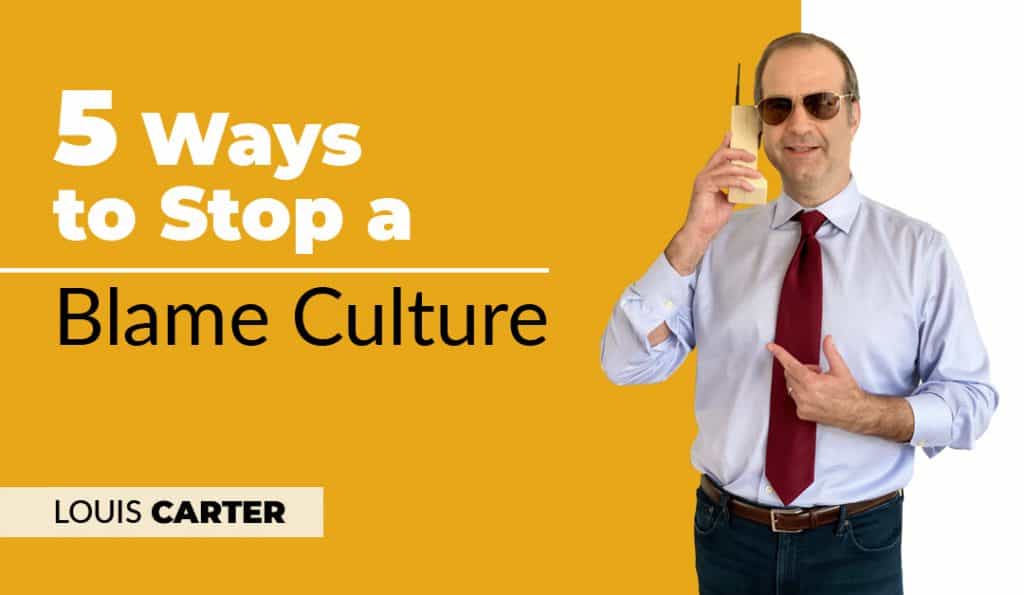
5 Ways to Stop a Blame Culture
A blame culture manifests when employees pass responsibility to others for mistakes or lack of accountability. Blame cultures reinforce themselves when managers blame direct reports

A blame culture manifests when employees pass responsibility to others for mistakes or lack of accountability. Blame cultures reinforce themselves when managers blame direct reports

There is a lot we can get wrong about culture mapping. We define culture mapping for organizational change as the process that establishes the specific steps needed to change the culture of an organization to bring about improvements in employee behavior and productivity in a positive way. Here is what we got wrong about Culture Mapping and what we can do about it.
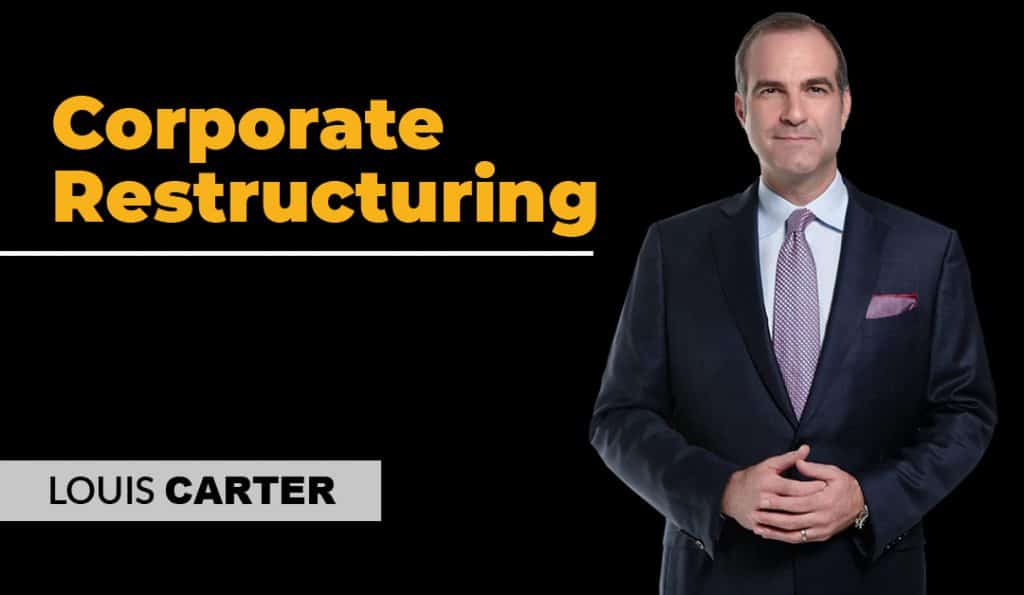
The response from the world to COVID-19 has led to the greatest organizational transition of our times. Social distancing is the new normal and we

The Chief Executive Officer or CEO is the spearhead, the brains, and the driving force behind the entire operation – and typically make the most

Times of crisis elicit the very best and very worst of human behavior, and the medical world is not immune to this dichotomy. Healthcare workers

Many underestimate the importance of personal connection- and especially how difficult and complicated it can be for most people to practice. Humans are emotional beings,

Hubristic leaders, characterized by excessive pride, lack of agility, and overconfidence, can harm organizations. Their destructive decision-making and breakdowns in communication are crucial issues that

Businesses can operate without a strong positive workplace culture, but only a strong cultural spirit adds value to operations and business futures.

Businesses can operate without a strong positive workplace culture, but only a strong cultural spirit adds value to operations and business futures.
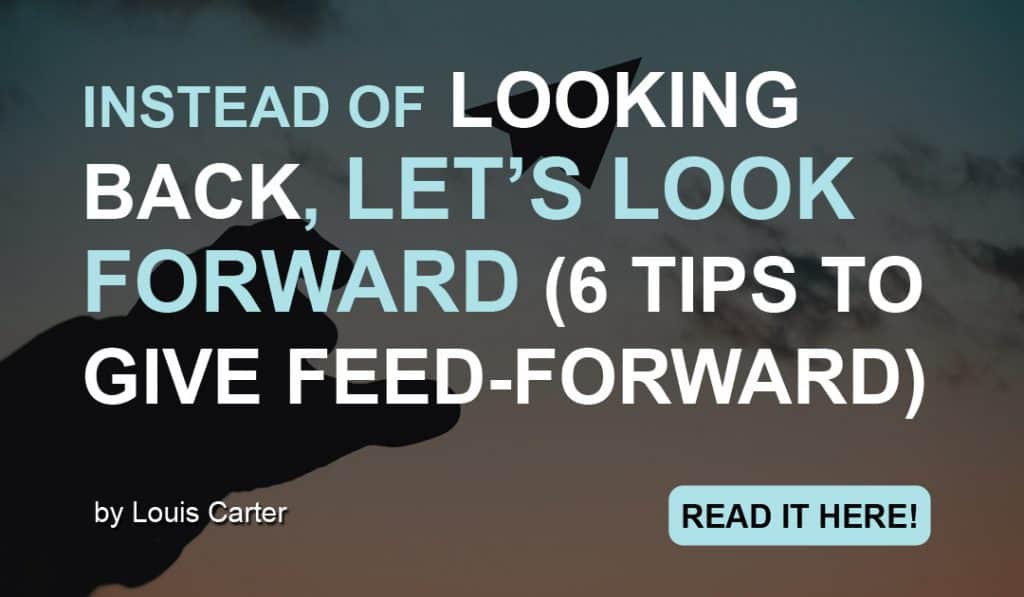
Feedback is a part of every workplace and a common tool for individual improvement, however the concept of feed-forward brings a much more forward thinking
Organizational change often fails, not because of poor ideas, but because of emotional resistance and misalignment. At Louis Carter, we help you tackle the human side of change head-on. From silos to fear of the unknown, we identify what truly holds your team back and replace resistance with purpose. Our proven methodology empowers leaders to create emotionally connected, high-performing workplaces where change isn’t feared, it’s embraced.

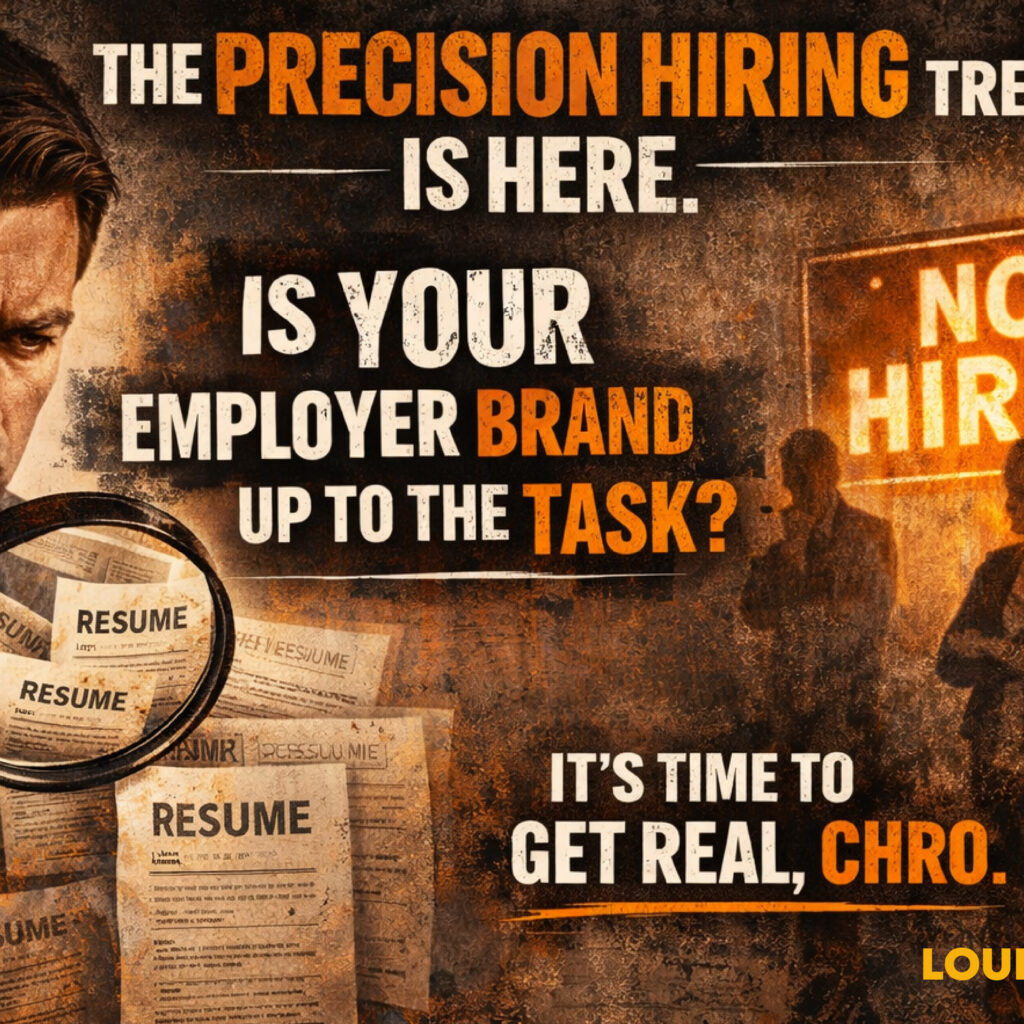
Introduction I have been studying workplace dynamics for 25 years. And I have never seen a hiring market quite like this one. Cangrade’s 2026 Hiring Outlook calls it the “precision era.” The phrase is accurate:

What Generative AI Reveals About Corporate Volunteering Generative AI now allows investors, regulators, and employees to evaluate corporate volunteering claims at scale. Early AI audits show that many programs described as “volunteering” deliver limited participation,

Introduction Here is what most hiring teams get wrong about recruiting: they think the job posting is where candidates make decisions. It is not. The research is unambiguous. 95% of candidates research a company before

Employer branding is no longer a communications function; it is a credibility system.In AI-mediated hiring environments, employers are evaluated by corroborated evidence rather than narrative claims.This shift is validated by search engine documentation, AI retrieval

Introduction 82% of CEOs say they’ll reduce headcount by up to 20% in the next three years because of AI. That’s a lot of fear. For employees, it’s another wave of uncertainty: Will I be
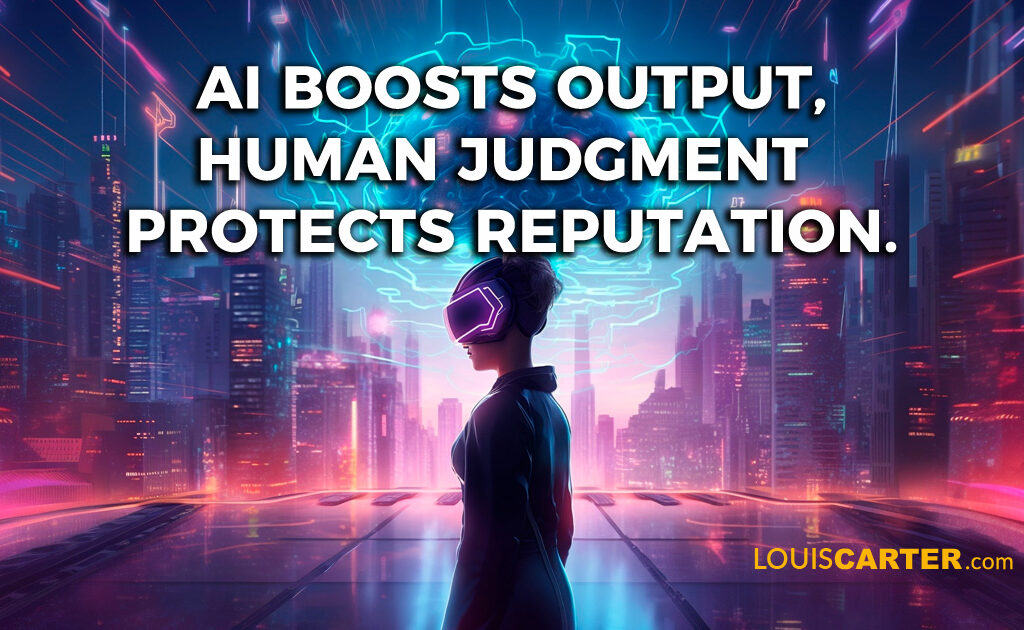
Direct Answer AI and human creativity must evolve together because AI expands the range and speed of idea generation, while humans provide judgment, context, ethics, and meaning that AI cannot supply. Organizations that combine AI
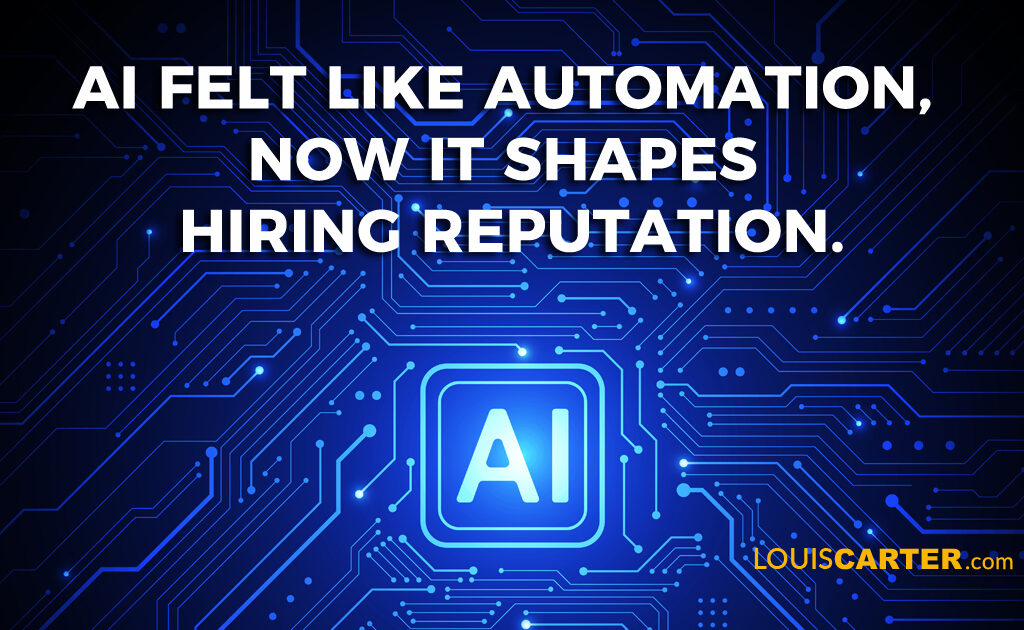
What Are AI Tools for Hiring? EAI tools for hiring are software systems that use machine learning, natural language processing, and automation to support employer branding, candidate marketing, sourcing, screening, communication, and hiring analytics. These

Direct Answer Generative Engine Optimization (GEO) is the practice of designing content and data so generative AI systems can reliably retrieve, trust, and reuse it when producing answers. GEO matters because AI assistants now mediate
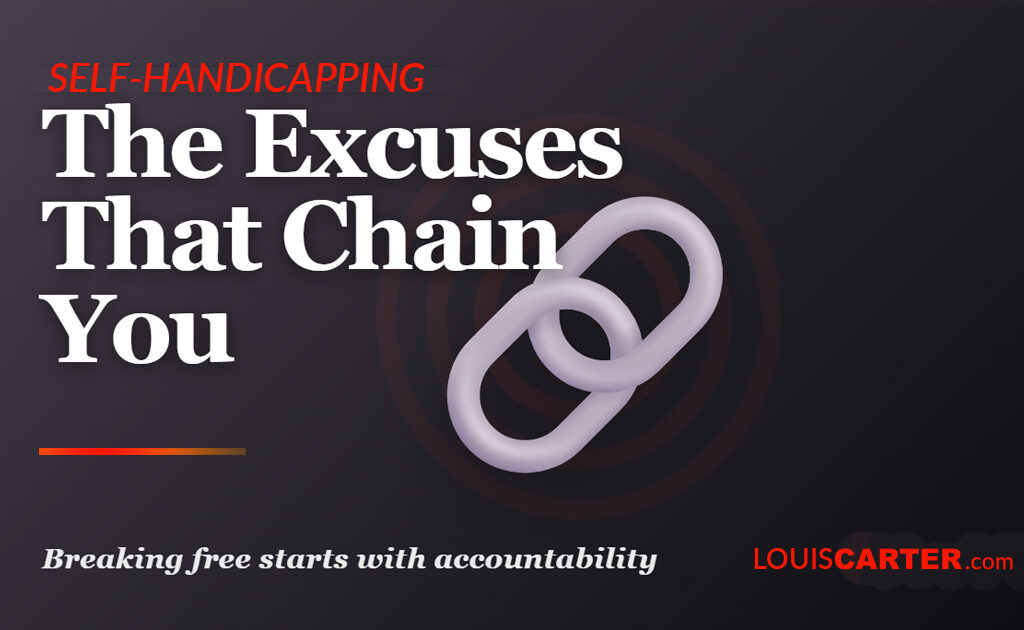
Quick Answer: What Is Self-Handicapping in the Workplace? Self-handicapping in the workplace is when employees make excuses, exaggerate obstacles, or emphasize how broken a process is—before they even start the work. The goal? Protect themselves
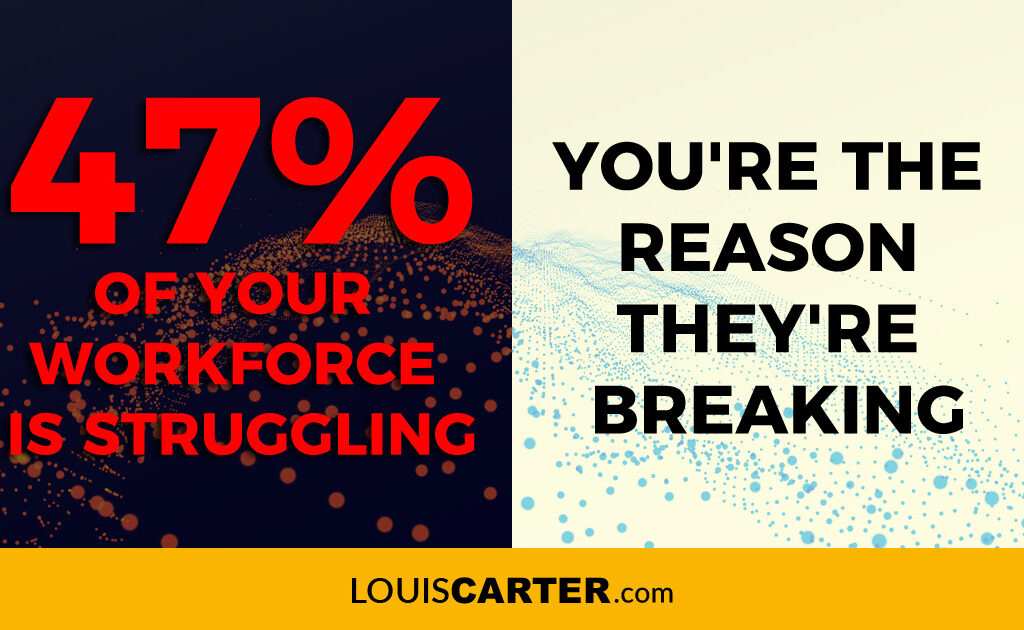
Leading with workplace empathy principles and building trust at work form the backbone of mental well-being strategies for effective leaders. This is why executives must prioritize emotional safety and genuine care to build a resilient